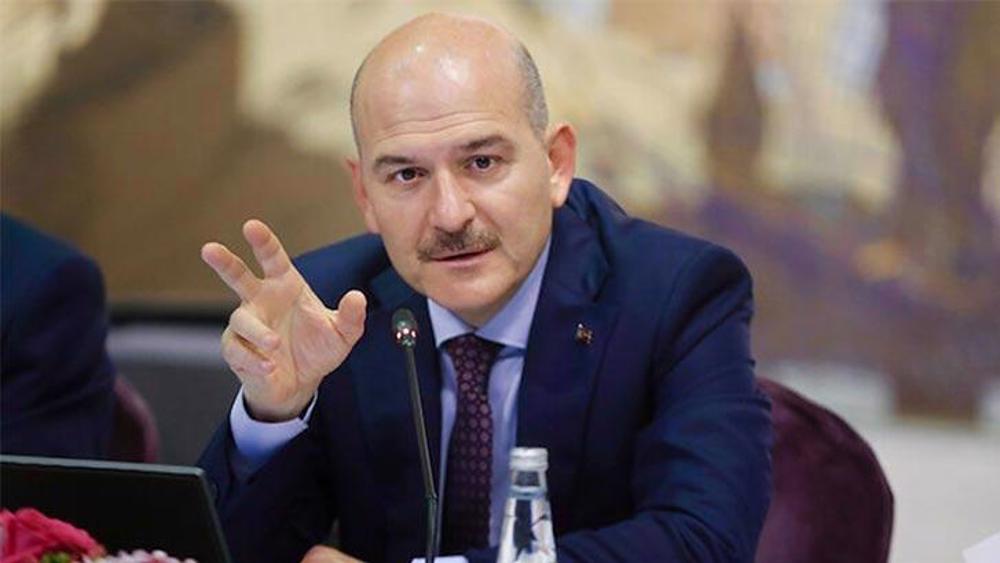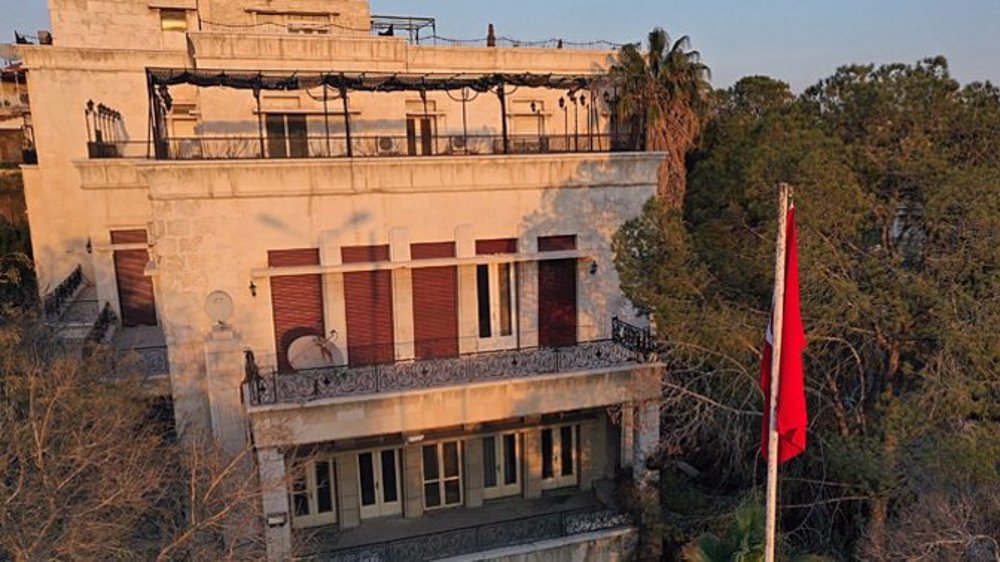Ankara says US behind 2016 abortive coup in Turkey against Erdogan
Turkey says the United States was behind an abortive military coup against the government of President Recep Tayyip Erdogan less than five years ago.
Turkey witnessed a coup attempt early on July 15, 2016, when rogue soldiers moved to topple Erdogan. A few hours later, however, the coup was suppressed. Some 250 people were killed and over 2,000 others wounded in the abortive putsch.
Since then, Ankara has been insisting that US-based opposition cleric, Fethullah Gulen, masterminded and orchestrated the failed coup. Gulen, now 79, has repeatedly denounced the “despicable putsch” and insisted that he had no role in it.
The Turkish government says the cleric mounted the coup through its transnational religious and social movement, which is regarded by Ankara as a terror organization and has been branded as the Fethullah Terrorist Organization (FETO).
In an interview with Turkish newspaper Hurriyet on Thursday, Turkey's Interior Minister Suleyman Soylu said the US had masterminded the coup attempt while Gulen's network carried it out.
“It is blatantly clear the United States is behind July 15. It was FETO who carried it out upon their orders,” Soylu said, reiterating that “Europe was enthusiastic about” the coup, a view the Turkish minister said he had been expressing since the failed coup.
Gulen has been in a self-imposed exile in Pennsylvania since 1999. Ankara has several times tried to persuade Washington to extradite him, but all to no avail so far.
Soylu’s remarks come at a time when Ankara is trying to repair and improve ties with its NATO ally, after they were strained when the administration of former American president Donald Trump imposed sanctions on Turkey over its purchase of the advanced Russian-made S-400 missile defense systems.
Trump also refused to deliver the F-35 stealth fighter jets purchased by Ankara over the same reason.
Shortly after the abortive coup in July 2016, the Turkish government began to crack down on putschists and sympathizers. So far, about 80,000 people have been jailed pending trial, and some 150,000 civil servants, military personnel, and others sacked or suspended from their jobs.
The Turkish government says Gulen’s supporters have been running “a parallel state” within the civilian and military bureaucracy and pursuing their own agenda. Ankara ended a nationwide state of emergency, imposed since the coup, in July 2018 after seven three-month renewals.
The international community and rights groups have been highly critical of the Turkish president over the massive dismissals and the crackdown.
Relations between the European Union (EU) and Turkey are also strained. They have particularly deteriorated during the past couple of months over a dispute between Turkey and Greece, two NATO allies, in the eastern Mediterranean.
Tensions escalated last year between the two after Turkey began a military-backed hydrocarbon exploration venture in waters between Greece and Cyprus.
Turkey’s discovery of major gas deposits in the waters sparked anger in Greece, which responded with naval drills to defend its maritime territory. Siding with Athens, France also deployed its frigates and fighter jets to the region.
Turkey has been attempting to become a member of the EU since the 1960s. Formal EU accession negotiations began in 2005, but the process has been mired in problems, and the energy rivalry has further lowered the already dim prospect of Turkey's membership in the EU.
D-8’s role in Iran’s economy after Cairo summit
China slams US as ‘war-addicted’ threat to global security
China ‘firmly opposes’ US military aid to Taiwan
VIDEO | Press TV's News Headlines
President Yoon Suk Yeol to be removed from office
At least 19 Gazans killed by Israeli airstrikes since dawn: Medics
Leader: Iran neither has nor needs proxy forces
US fighter aircraft shot down ‘in friendly fire’ amid aggression on Yemen












 This makes it easy to access the Press TV website
This makes it easy to access the Press TV website